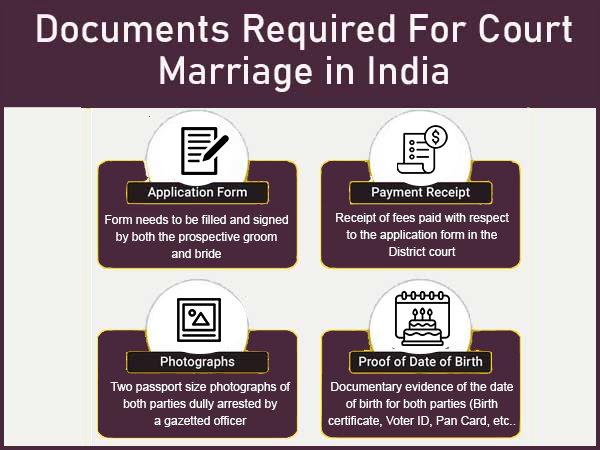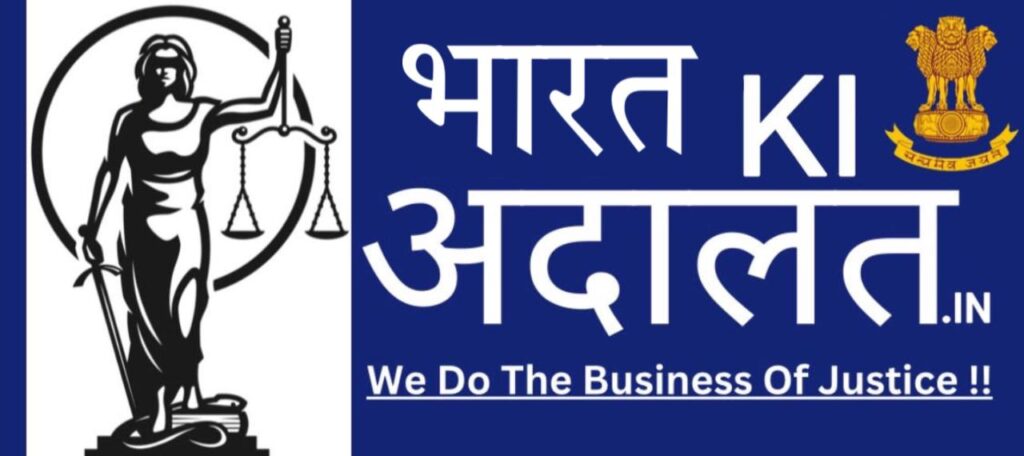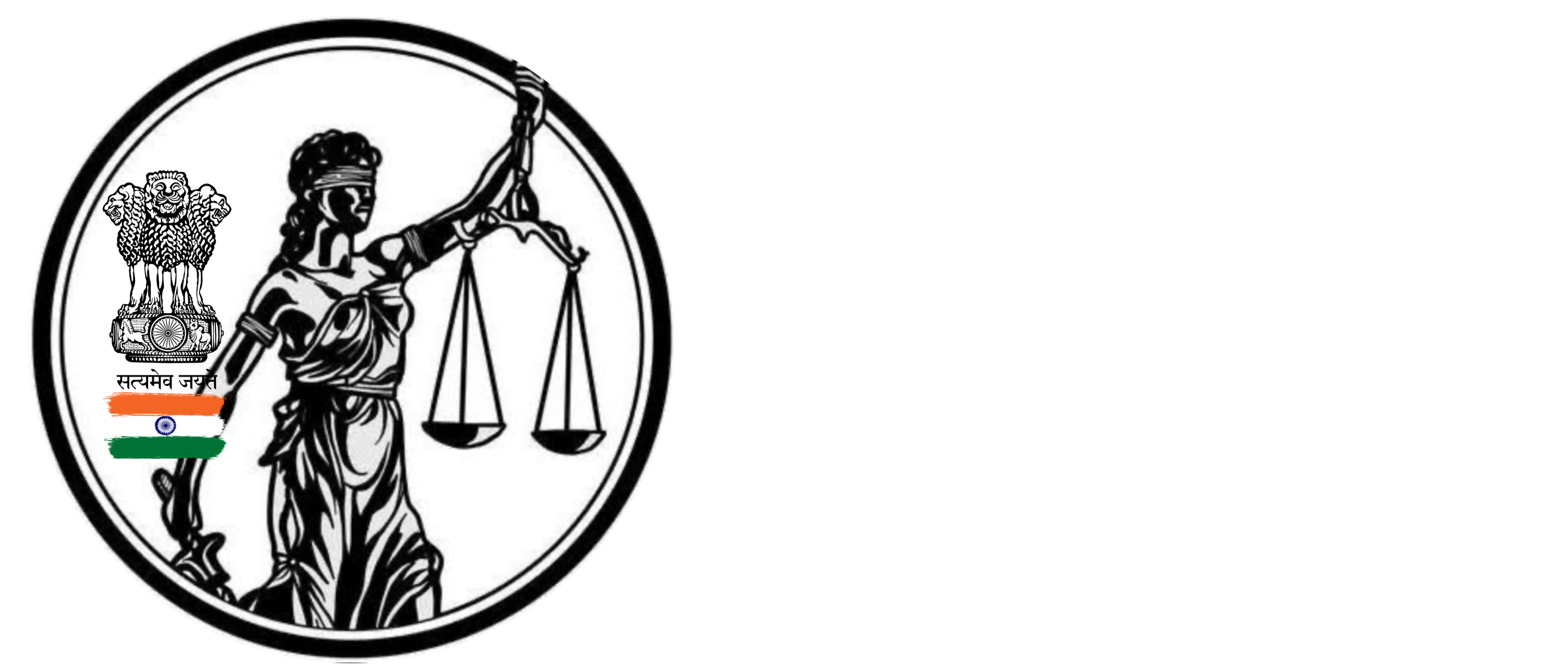Court Marriage in India
Court marriage in India offers a legal and hassle-free way for couples to formalize their union. Unlike traditional weddings, court marriages are conducted by a marriage officer under the Special Marriage Act, 1954, allowing couples from different religions, castes, or backgrounds to get married without religious ceremonies. This guide walks you through the process, eligibility, required documents, and other key details of court marriage in India.
What is Court Marriage?
Court marriage is a legally recognized union solemnized in the presence of a marriage registrar. It doesn’t require any elaborate rituals or religious ceremonies, making it an inclusive option for couples of all religions, inter-caste couples, or even those who prefer a civil approach to their wedding.
The legal framework for court marriages is provided by the Special Marriage Act, 1954, which applies to all citizens of India, irrespective of their religion.

Eligibility Criteria for Court Marriage in India
To be eligible for court marriage, the couple must meet the following criteria:
- Age Requirements:
- The groom must be at least 21 years old.
- The bride must be at least 18 years old.
- Consent:
- Both parties must give their free consent to the marriage. They should not be coerced or forced into the union.
- Mental and Physical Fitness:
- Both individuals should be of sound mind and capable of understanding the implications of marriage.
- Marital Status:
- Neither party should have a living spouse at the time of marriage.
- Prohibited Relationships:
- The couple must not fall under the degrees of prohibited relationships as defined in Indian law unless permitted by their customs.
Step-by-Step Process of Court Marriage
- Notice of Intended Marriage:
- The couple must submit a notice of their intention to marry to the Marriage Registrar of the district where at least one of them has resided for 30 days prior to the notice.
- The notice is submitted in Form IV of the Special Marriage Act.
- Publication of the Notice:
- After submission, the notice is displayed on the notice board of the Registrar’s office for 30 days.
- During this period, anyone can raise objections to the marriage on valid legal grounds.
- Addressing Objections (if any):
- If objections are raised, the Marriage Registrar conducts an inquiry to determine their validity. If no objections are found or resolved, the process continues.
- Declaration and Signature:
- After the 30-day period, the couple and three witnesses must sign a declaration in the presence of the Marriage Registrar.
- Solemnization of Marriage:
- The marriage is solemnized in the Registrar’s office with a simple ceremony, where both parties exchange vows in the presence of the Registrar and witnesses.
- Marriage Certificate:
- After the marriage is solemnized, the Registrar issues a marriage certificate, which serves as proof of the legal union.
Documents Required for Court Marriage
Here is the checklist of documents needed for court marriage:
- Identity Proof: (Aadhar card, Passport, PAN card, Voter ID)
- Address Proof: (Utility bills, Ration card, Driving license)
- Birth Proof/Age Certificate: (Birth certificate, School leaving certificate, or 10th-grade mark sheet)
- Passport-sized Photographs: Recent photos of the bride and groom.
- Affidavits: Declaring marital status, date of birth, and affirmation of the marriage under the Special Marriage Act.
- Divorce/Death Certificate: (if applicable) For individuals who were previously married.
- Residence Proof: To show at least one party has lived in the district for 30 days prior to the notice.
- Witness Identification Documents: IDs of three witnesses.
Advantages of Court Marriage
- Legal Recognition: Court marriages are legally binding and recognized nationwide.
- Secular Approach: It respects personal beliefs and eliminates the need for religious ceremonies.
- Inclusivity: Couples from different castes, religions, or nationalities can marry without legal obstacles.
- Cost-Effective: It is less expensive compared to traditional weddings.
- Proof of Marriage: The marriage certificate issued acts as official proof, which is required for legal purposes such as visas, name changes, or applying for benefits.
Frequently Asked Questions
- Can an NRI or foreign national marry an Indian through court marriage?
- Yes, provided they fulfill the eligibility criteria and submit the required documents, including proof of residence and a certificate of singlehood or no objection.
- What happens if someone objects to the marriage?
- If an objection is raised during the 30-day notice period, the Registrar investigates its validity. If the objection holds legal merit, the marriage may be delayed or canceled.
- How long does the court marriage process take?
- The entire process usually takes 30 to 60 days, including the notice period and paperwork.
- Can same-sex couples opt for court marriage in India?
- As of now, Indian law does not recognize same-sex marriages under the Special Marriage Act. However, this is an evolving legal issue, and changes may occur in the future.


